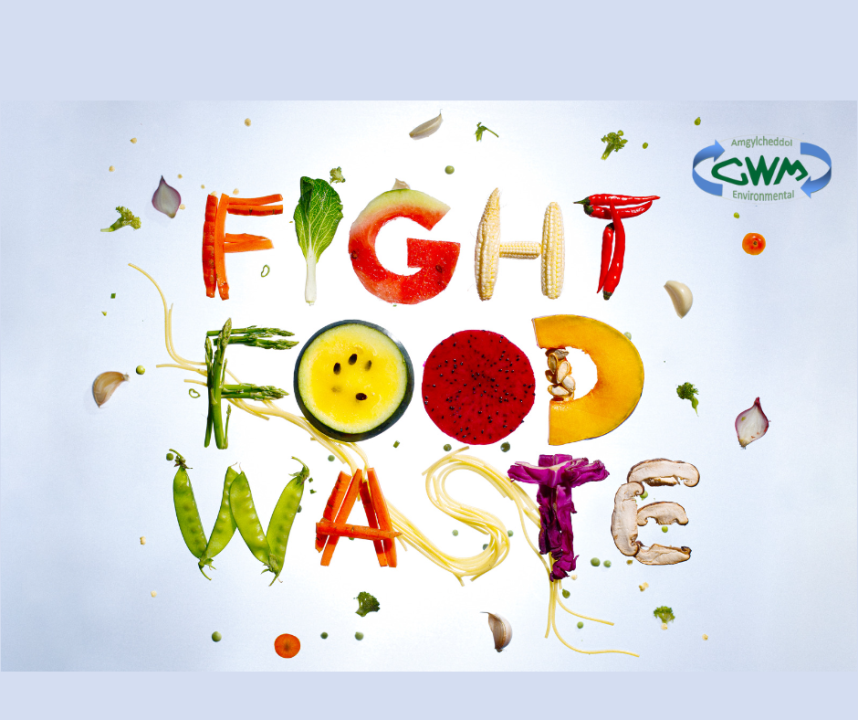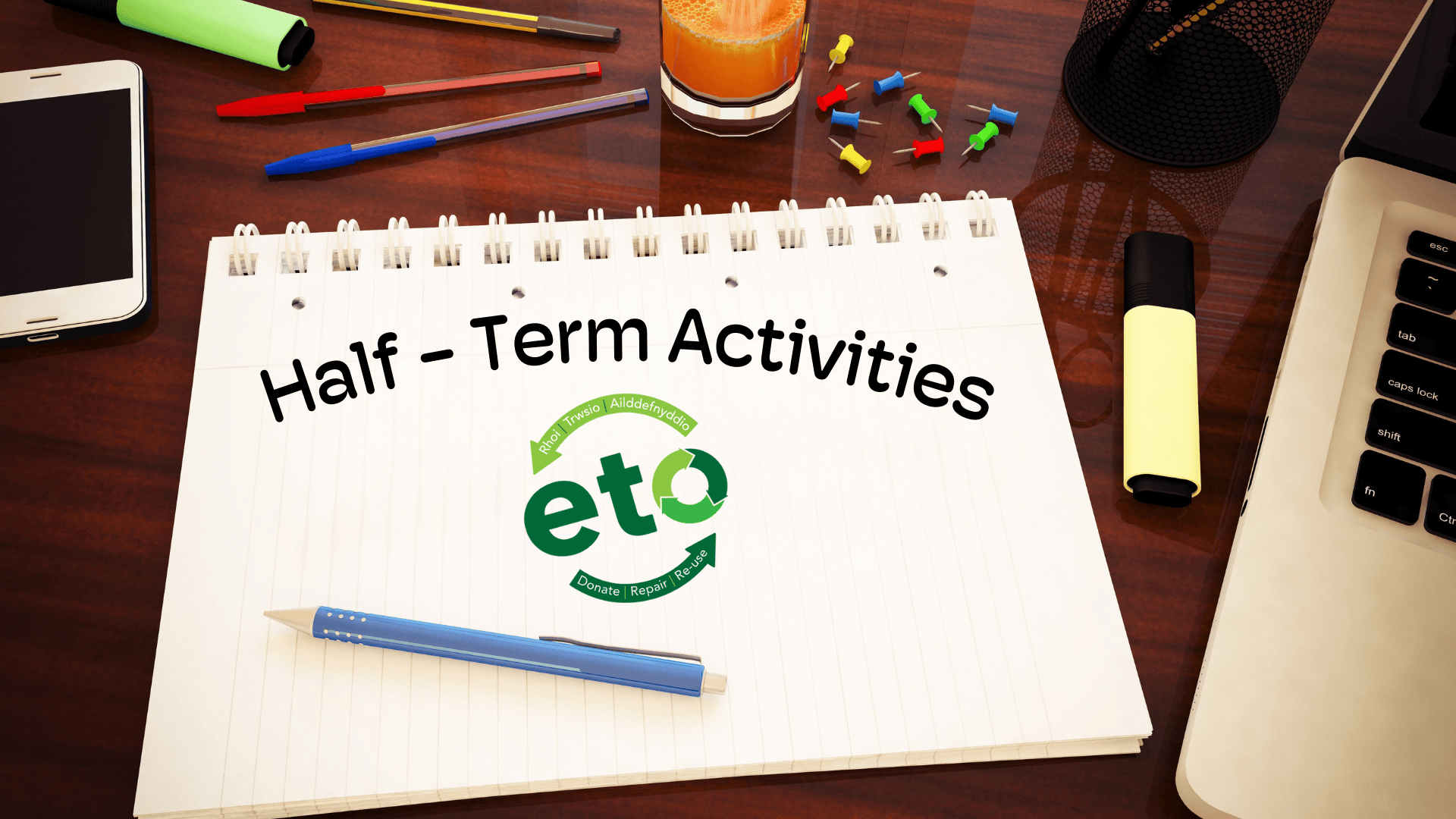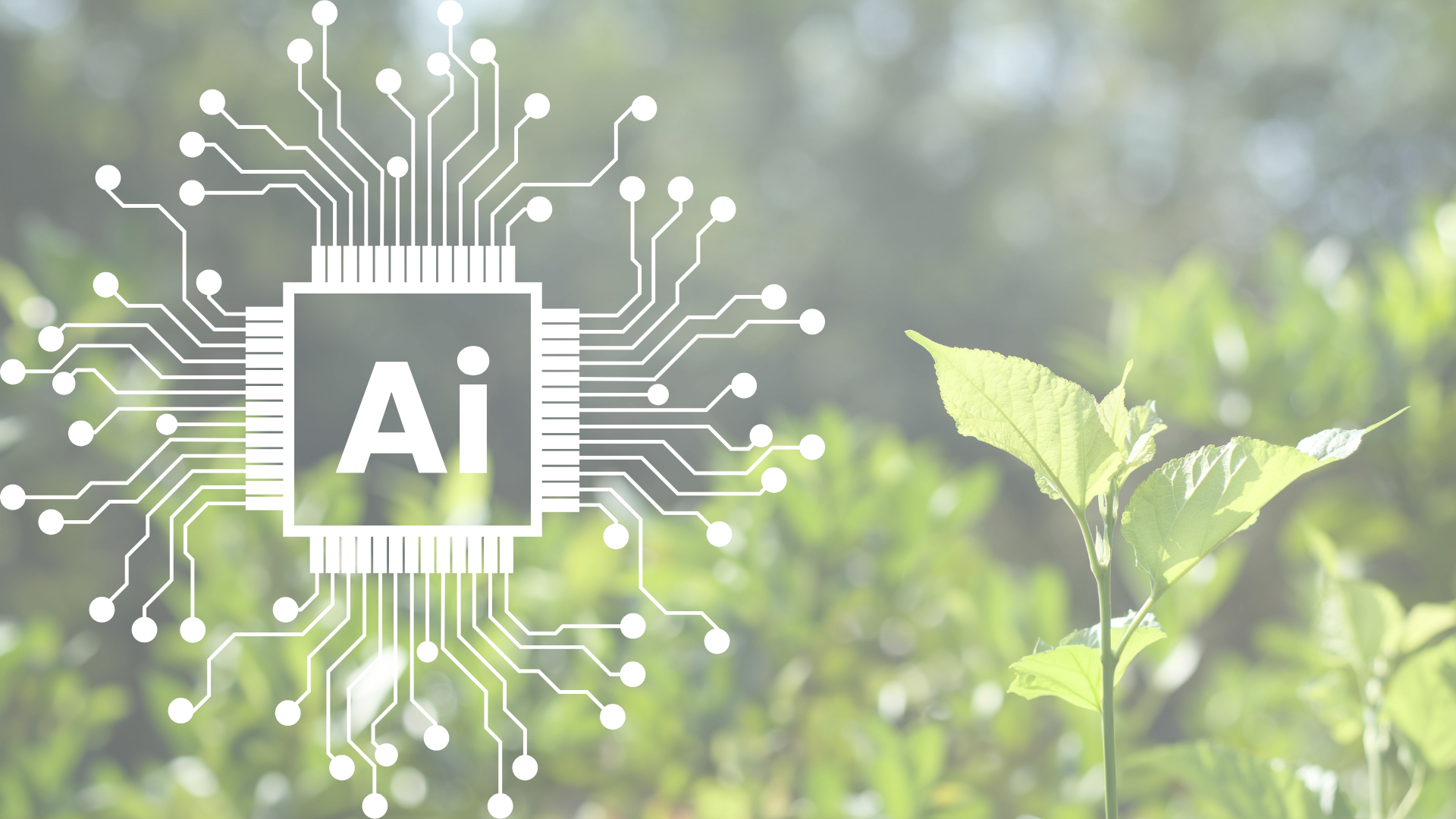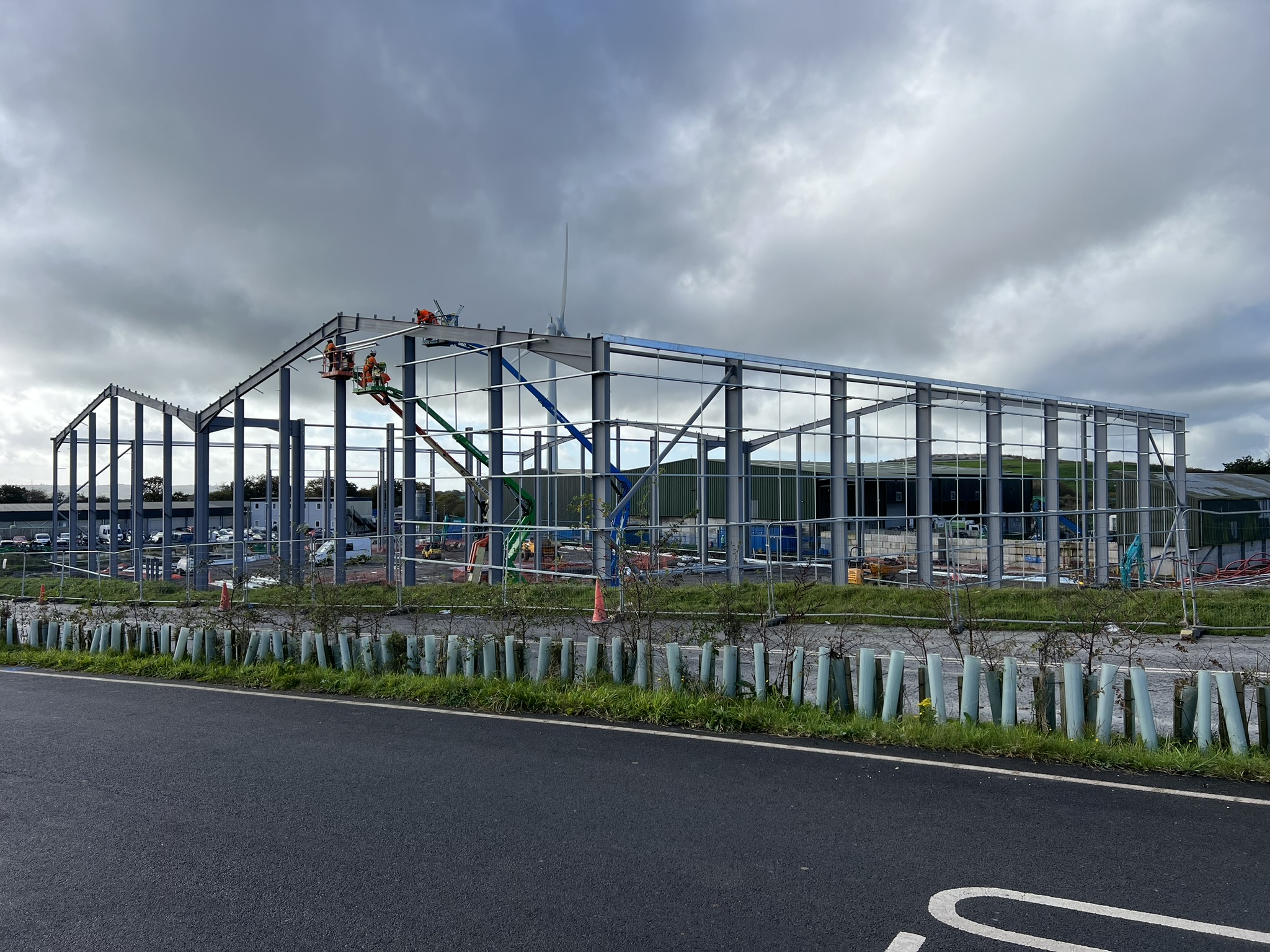Across Wales, food waste accounts for approximately 20% of all household waste. However, only around 50% of this food waste is currently being recycled. This means that there’s significant room for improvement and Wales has the potential to become a global leader in food waste recycling.
In Carmarthenshire, the county council has taken a proactive approach to managing food waste by providing collection services for households and businesses. But what happens to your food waste once it’s been collected and how can we use it to give back sustainably?
After your food waste has been collected by Carmarthenshire County Council, it’s taken to one of CWM Environmental’s three transfer stations located in Nantyacws, Wernddu and Trostre. At these transfer stations, the food waste is loaded onto larger vehicles that can transport it to the anaerobic digestion plant in Bridgend.

What is anaerobic digestion?
Anaerobic digestion is a process that occurs when organic matter such as food waste is broken down by microorganisms in the absence of oxygen. This process produces biogas, which is a mixture of methane and carbon dioxide. The biogas can be used to generate electricity and heat, which can be used to power homes and businesses.
The benefits of anaerobic digestion are numerous. First, it reduces the amount of organic waste that ends up in landfill, which helps to reduce greenhouse gas emissions. Second, is the renewable energy it produces to provide power back to the community. Third, it produces a nutrient-rich fertiliser that can be used in agriculture.
Nothing goes to waste
At the anaerobic digestion plant in Bridgend, the food waste is processed through a series of tanks and the resulting energy is captured and can be sold back to the National Grid. The remaining nutrient-rich material, known as digestate, can then be repurposed for agricultural uses across the county.
By taking more food waste out of our general waste and recycling it through processes such as anaerobic digestion, we can reduce greenhouse gas emissions, produce renewable energy and enhance farming. It’s important that households and businesses in Carmarthenshire continue to participate in the county council’s food waste collection scheme to ensure that we are doing our part to manage food waste in a sustainable way.
Our latest posts
-
Half-Term Fun at Canolfan Eto.
Canolfan Eto Reuse Village is hosting an exciting week of free activities from 24th-28th February, designed to teach children hands-on skills that promote repair, reuse, and sustainability!
-
How Artificial Intelligence Could Revolutionise the Circular Economy
AI is being hailed as one of the defining opportunities of our time. But what could AI mean for the circular economy?
-
Celebrating a Landmark Year: CWM Environmental's Achievements in 2024
Now that 2024 has drawn to a close, we are proud to reflect on an incredible year of progress, innovation, and dedication to the circular economy.



